Scientists made a game-changing discovery about energy conversion in space.
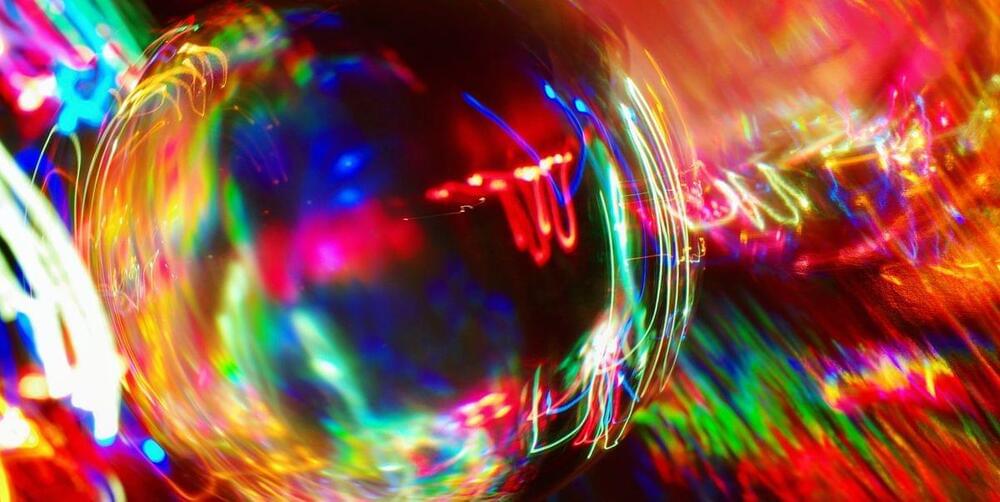

What would it take to set Uranus ablaze? Is it even possible to burn it in the typical sense? If anyone can figure it out, it’s the Dead Planets Society.
Join Dead Planeteers Leah and Chelsea as they invite planetary scientist Paul Byrne back to the podcast, to join in more of their chaotic antics.
This mission is less about destruction (though it’s definitely also about destruction) and more about advancing science. Uranus is an ice giant, one of the most common types of planets in the universe, so burning it could teach us a lot about the cosmos. The planet may also be full of diamonds — and the potential for treasure derails the team’s destructive intentions.
Dead Planets Society is a podcast that takes outlandish ideas about how to tinker with the cosmos – from punching a hole in a planet to unifying the asteroid belt – and subjects them to the laws of physics to see how they fare.
Your hosts are Leah Crane and Chelsea Whyte.
If you have a cosmic object you’d like to figure out how to destroy, email the team at [email protected]. It may just feature in a later episode.
ICYMI, Nobel Laureate Kip Thorne (BS ’62) reached across history, physics, and astronomy to highlight characters and discoveries that changed humanity’s understanding of space and time.
His talk was the 100th in Caltech Astro’s Stargazing Lecture Series.
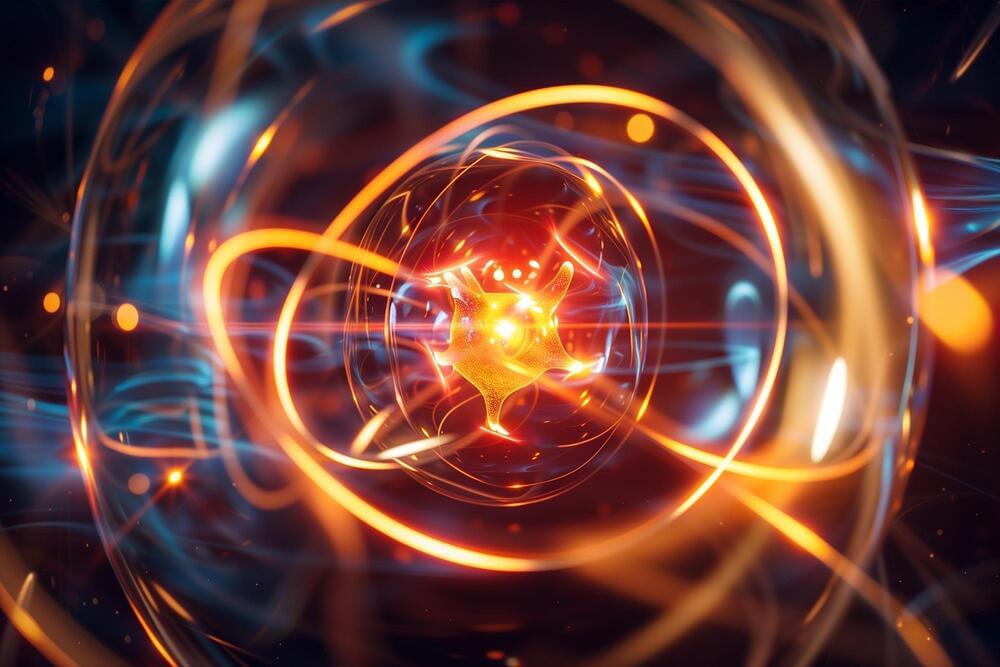
Low-energy nuclear fusion reactions are influenced by the migration of neutrons and protons between fusing nuclei and their isospin compositions. Research conducted using high-performance computational models has shown the importance of isospin dynamics and nuclear shapes, particularly in asymmetric, neutron-rich systems, revealing significant implications for nuclear physics and potential energy applications.
Low-Energy Nuclear Fusion
Low-energy nuclear fusion reactions can potentially provide clean energy. In stars, low-energy fusion reactions during the stages of carbon and oxygen burning are critical to stellar evolution. These reactions also offer valuable insights into the exotic processes occurring in the inner crust of neutron stars as they accumulate matter. However, scientists do not fully understand the underlying dynamics governing these reactions.
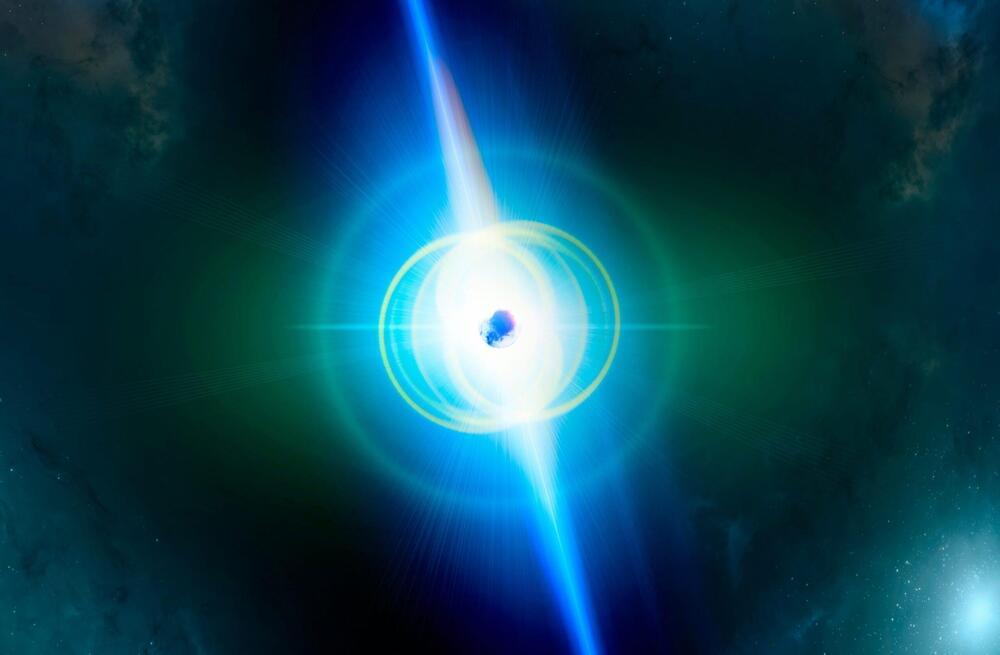
Researchers reported the discovery of a new cosmic conundrum. The new object, GPM J1839-10, operates similarly to a pulsar, emitting frequent bursts of radio radiation. However, the physics that drives pulsars dictates that they would cease generating if they slowed too much, and practically every pulsar we know of blinks at least once every minute.
GPM J1839-10 has a pulse interval of 22 minutes. We don’t know what type of physics or things can power it.
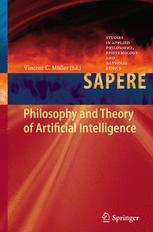
For at least half a century, it has been popular to compare brains and minds to computers and programs. Despite the continuing appeal of the computational model of the mind, however, it can be difficult to articulate precisely what the view commits one to. Indeed, critics such as John Searle and Hilary Putnam have argued that anything, even a rock, can be viewed as instantiating any computation we please, and this means that the claim that the mind is a computer is not merely false, but it is also deeply confused.
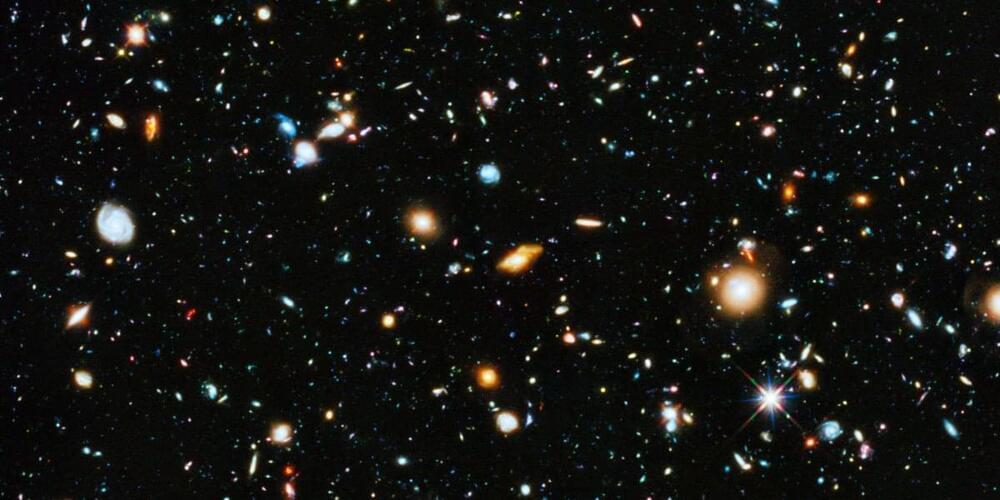
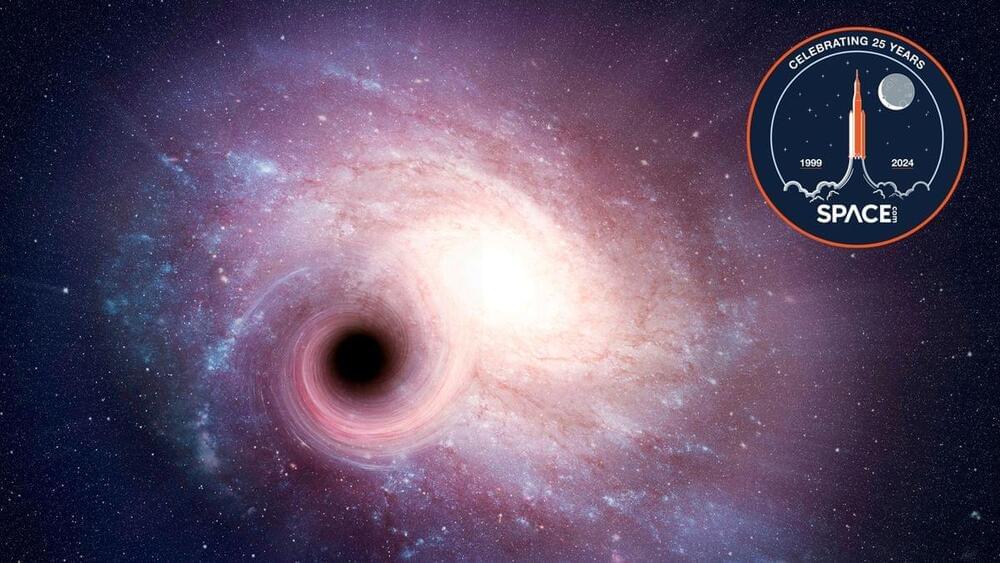
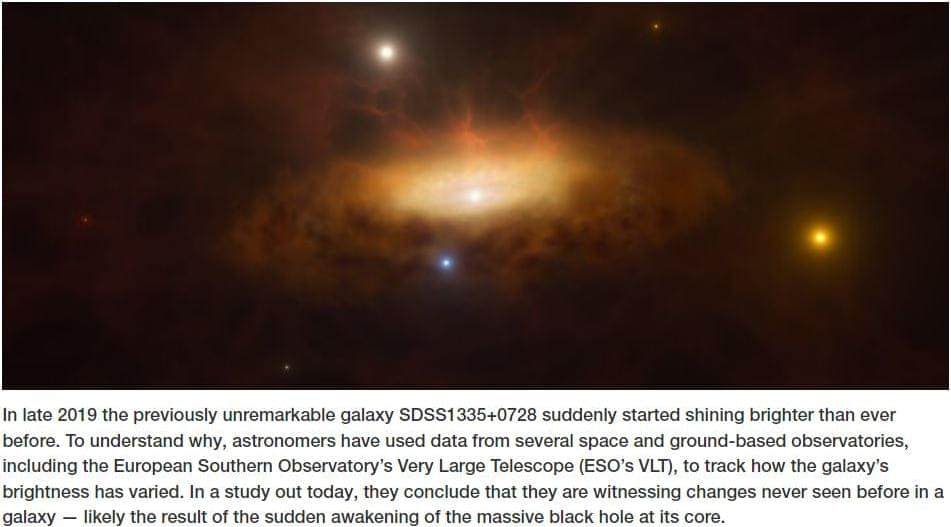
In late 2019 the previously unremarkable galaxy SDSS1335+0728 suddenly started shining brighter than ever before. To understand why, astronomers have used data from several space and ground-based observatories, including the European Southern Observatory’s Very Large Telescope (ESO’s VLT), to track how the galaxy’s @brightness has varied. In a study out today, they conclude that they are witnessing changes never seen before in a galaxy – likely the result of the sudden awakening of the massive black hole at its core.
“Imagine you’ve been observing a distant galaxy for years, and it always seemed calm and inactive,” says Paula Sánchez Sáez, an astronomer at ESO in Germany and lead author of the study accepted for publication in Astronomy & Astrophysics. “Suddenly, its [core] starts showing dramatic changes in brightness, unlike any typical events we’ve seen before.” This is what happened to SDSS1335+0728, which is now classified as having an ‘active galactic nucleus’ (AGN) — a bright compact region powered by a massive black hole — after it brightened dramatically in December 2019 [1].
Some phenomena, like supernova explosions or tidal disruption events — when a star gets too close to a black hole and is torn apart — can make galaxies suddenly light up. But these brightness variations typically last only a few dozen or, at most, a few hundreds of days. SDSS1335+0728 is still growing brighter today, more than four years after it was first seen to ‘switch on’. Moreover, the variations detected in the galaxy, which is located 300 million light-years away in the constellation Virgo, are unlike any seen before, pointing astronomers towards a different explanation.
Katie Mack, Perimeter Institute’s Hawking Chair in Cosmology and Science Communication, takes us on journey through time by exploring the cosmic microwave background (CMB), the faint glow from the Big Bang.
The CMB shows us the universe as it was 13.8 billion years ago, revealing secrets about its…
In this episode of Cosmology 101, we journey through time by exploring the cosmic microwave background (CMB), the faint glow from the Big Bang.
The CMB shows us the universe as it was 13.8 billion years ago, revealing secrets about its origins and composition. Discover how this ancient light provides insights into the early universe and helps us understand the cosmos we see today.
Join Katie Mack, Perimeter Institute’s Hawking Chair in Cosmology and Science Communication, on an incredible journey through the cosmos in our new series, Cosmology 101.
Sign up for our newsletter and download exclusive cosmology posters at: https://landing.perimeterinstitute.ca…